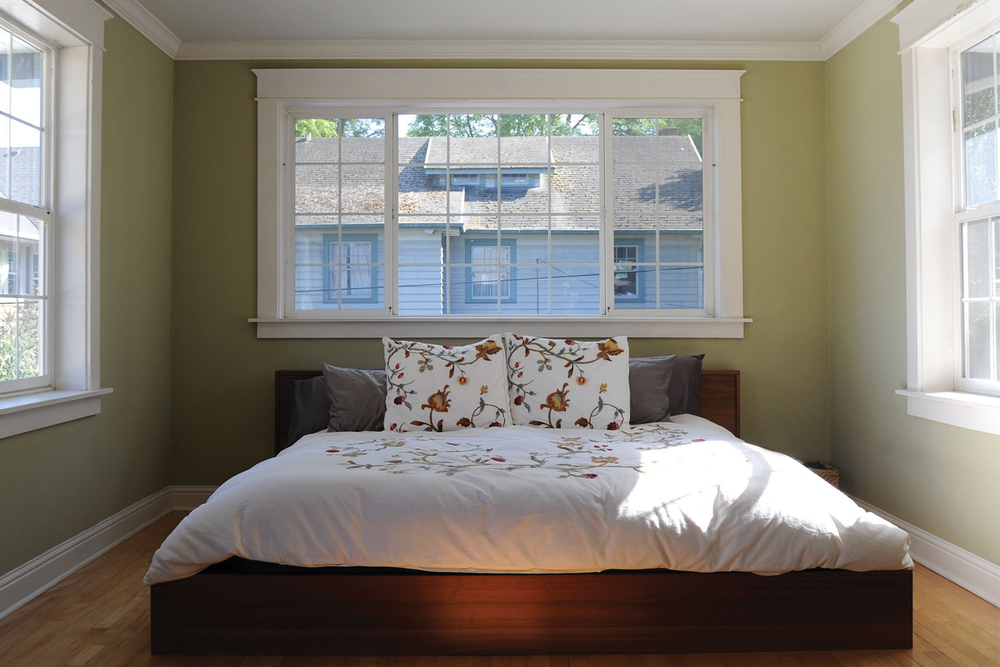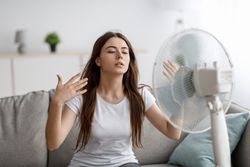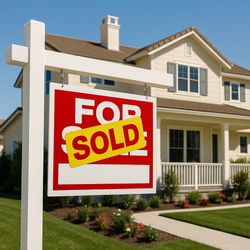Sleep Panels
Blackout Your Windows for Better Sleep
Sleep Panels seal out light for total darkness and also block up to 50% of noise coming through windows* to create an ideal sleep environment. Unlike blackout curtains, shades or blinds, which allow some light around the borders, Indow Sleep Panel is edged in silicone compression tubing to create true blackout windows.
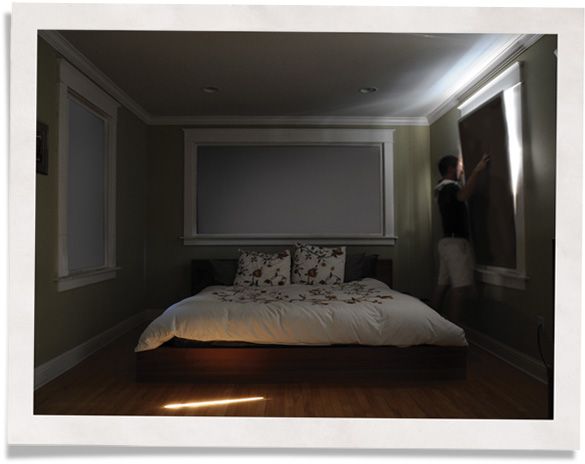
This makes it a superior blackout solution for light sleepers or nurses, firefighters and others who work night shifts. Research has shown that good sleep is vital for your health and that it’s important to create a quiet, dark bedroom. For this reason, Indow Sleep Panels have also proven a hit with Paleo dieters.
Sleep Panels:
Custom made from medium density fiberboard (MDF) unlike our other grades, which are acrylic.
A white surface that can be painted or customized in other ways.
Installed in minutes. Each window opening is laser measured for a precise, snug fit.
Our lowest-priced grade.
Sometimes people will double up blackout curtains and shades or tack heavy blankets over their windows attempting to eliminate light. But it isn’t until they press in Indow blackout window inserts that they enjoy total darkness. If you’re sensitive to light, suffer migraines or need to sleep during the day, the Sleep Panel will create a dark, cool, quiet bedroom.

How Indow Blackout Solution performs:
Provides the same noise reduction and energy efficiency of Standard Grade.
50 percent reduction in outside noise when placed over single-pane windows.
Up to 20 percent energy savings.
Compression tubing creates a tight fit in the window, completely blocking 100% of light unlike blackout shades which often emit significant light around the edges.
Testimonial on Indow Sleep Panel Ability to Blackout Windows:
Sleep Panels helped Nicole who is sensitive to light and suffers from serious migraines. She had tried using both curtains and shades but it wasn’t enough. Indow Sleep Panels blocked all the light.
“If you have light sensitivity or just want an extremely dark room to sleep in, I can’t recommend this product enough.”
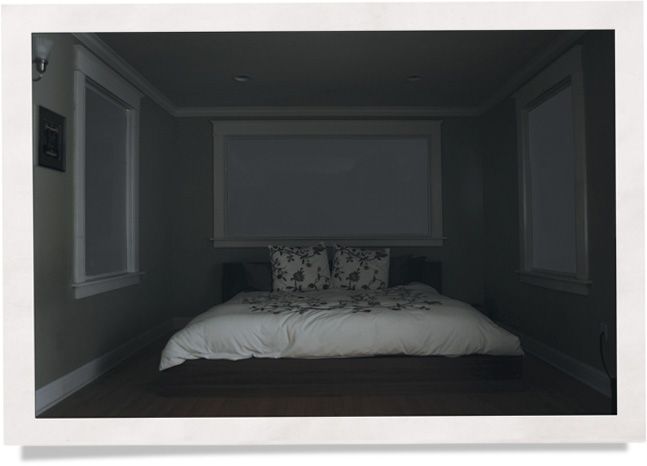
*We want to ensure our inserts help solve your noise problem. Overall noise reduction depends on the amount of noise coming through your walls, ceilings, floors, doors, and existing windows. Noise reduction will be less when placed over double-pane windows. Read our full Noise Reduction Sheet to learn more.
Create a dark bedroom with blackout panels and start sleeping better by filling out the form below.
What Do They Cost?
You’ve tried other options that don’t work. Window attachments that have to be replaced over and over. Window treatments that only block some drafts, noise, or light. Indow inserts are a permanent solution for your windows that can still be removed at any time.
Sleep Panel

$28/sf or just $336 for an average window
Blocks 100% of light for total darkness. For light sensitivity, migraine sufferers, and light sleepers.
Standard Grade

$31/sf or just $372 for an average window
Our workhorse interior storm window insert blocks drafts and reduces outside noise.
Performance Grade

$40/sf or just $480 for an average window
Our 4 options in performance grade inserts provide superior protection against noise and light.
When you measure your windows, you’ll have help at every step. First, we have a library of video and written tutorials available. Second, our amazing team is always ready to take your call if you need assistance. Third, our proprietary measurement software will automatically check your measurements as you enter them to ensure a tight, snug fit for your custom window insert.
*Sales tax & shipping charges not included. Shipping charges vary by region and order size – talk to a Fit Specialist to get our best pricing.
Indow For Your Windows
- 1
Request a Free Estimate. We'll provide you with a preliminary estimate based on your basic window dimensions. It's quick and easy!
- 2
Measure your windows with our easy-to-use laser measurement kit. We'll guide you through the simple process, ensuring a perfect fit.
- 3
Customize your inserts to match your needs and your aesthetic, with tubing colors that seamlessly blend into your space.
- 4
Transform your space with custom-crafted inserts shipped directly to your home, ready to fit perfectly in your windows.
WE SHIP TO YOU!
You're one step closer to creating more comfort & quiet in your home.
To receive a customized estimate for your space or learn more about how Indow inserts can improve the comfort, quiet, & efficiency of your home, fill out the fields below.
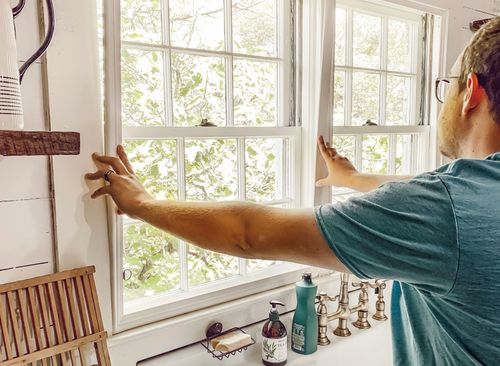
We value safety and privacy. We will never share, sell, or rent your data to third parties not directly related to your purchase or consideration of our products. Read our full policy here.
Grade Types
Each grade blocks drafts and reduces outside noises, but our premium grades have special features to make your existing windows work the way they're designed to while providing additional benefits. Click here to read all of our grade descriptions.
To take the next steps on your order, there are two ways to submit your window measurements: an Indow provided laser, or your own tape measure. Either way, your measurements will be checked and confirmed by our proprietary measurement software Measure by Indow. This ensures a snug fit for your custom window insert.
To get a free estimate, contact us today.
